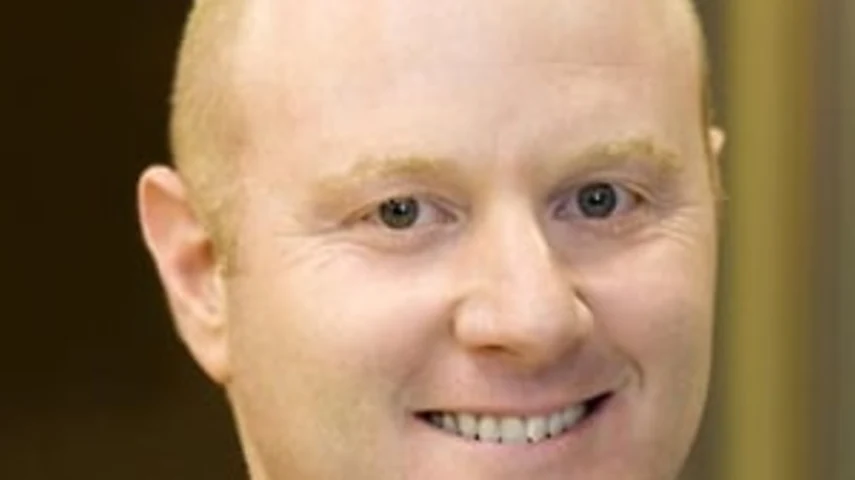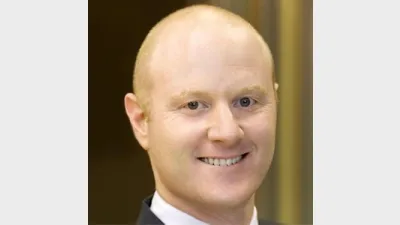Can the Govt continue to deflect a Royal Commission?



Mike Taylor writes that in a delicately-balanced House of Representatives there is no guarantee the Government can continue to deflect pressure for a banking Royal Commission.
When the Commonwealth Bank chief executive, Ian Narev earlier this week fronted the House of Representatives Standing Committee on Economics (review of Australia’s four major banks), he suggested that a Royal Commission into the Australian banking industry might serve to undermine foreign investor confidence in the Australian banking sector.
Narev, along with his counterparts from ANZ, Westpac, and National Australia Bank (NAB), all fronted the economics committee hearings and were subject to an intense grilling from committee members, who tended to demonstrate bi-partisan scepticism of banking conduct and practices, but seemed to elicit little new information.
NSW Labor MP, Andrew Thistlewaite was moved to suggest during the committee hearings that there were around 21 inquiry processes into the banking and financial services sector and questioned why this should be the case when the entire issue could be handled by a Royal Commission.
Not unlike his Commonwealth Bank counterpart, ANZ chief executive, Shayne Elliott suggested that he viewed the numerous inquiries into the banking sector such as the Ramsay Review and the Carnell Review as preferable to a Royal Commission because they were more targeted, of shorter duration and would result in more rapid outcome.
He said this was more desired than a Royal Commission, which would be a multi-year review with an uncertain outcome.
However what both Narev and Elliott knew when addressing the Parliamentary Committee was that Australia’s evolving political landscape may mean that the banks are forced to face a Royal Commission irrespective of the numerous inquiries currently underway.
What the banks’ political lobbyists and advisers would have told Elliott and Narev is that the Federal Opposition leader, Bill Shorten, sees a Royal Commission as a cornerstone policy position which he is happy to take to the next election and that there exists a significant number of Government back-benchers, particularly members of the National Party, who are attracted to a Royal Commission.
It will not be lost to the bank lobbyists that they can count maverick North Queensland LNP member, George Christensen as someone who has already indicated that he would be willing to cross the floor to support a Royal Commission bill put forward by north Queensland independent, Bob Katter.
Given the make-up of the House of Representatives and the stated position of the Australian Labor Party and the Greens, such a move by Christensen would most likely see the bill carried and moved to the Senate where it is also likely to be passed.
But the question for the broader financial services industry is not so much whether the Government can continue to maintain effective resistance to a banking Royal Commission but rather, the terms of reference of such an exercise: whether it is broad enough to traverse issues such as vertical integration, insurance and financial planning.
If the terms of reference were broad enough to cover the vertically-integrated nature of the major banks, it would open the way for a Royal Commission to further interrogate senior officers within the Australian Securities and Investments Commission (ASIC) and their views on the ability of banks to meet client best interest obligations under the Future of Financial Advice (FOFA) regime.
ASIC has already signalled that it has some concerns about vertical integration and the operation of FOFA, earlier this year using a submission to the Parliamentary Joint Committee reviewing the life insurance industry to query conflicts inherent in vertically-integrated models after late last year, delivering a similar message under questioning during a committee hearing.
Under questioning before the Parliamentary Joint Committee on Corporations and Financial Services, ASIC deputy chairman, Peter Kell said a major test for vertically integrated organisations would be whether they would be able to put clients’ best interests first.
“In terms of vertical integration, the key issue is that, under the law you have to act in the best interests of clients. You have to put the clients’ interests first. You have to avoid conflicts of interest,” he said.
Kell said the challenge for those vertically integrated businesses is: “Can they do that? Can they achieve that within that model?”
The ASIC deputy chairman said that while he was not sure that the regulator should be dictating what business model an individual bank should follow, it was a question that needed to be put to them — “Are you going to be able to run a model that provides high quality, impartial advice to your customers within that vertical integration?”
A Royal Commission armed with the appropriate terms of reference might be able to provide Kell with an answer.
Recommended for you
In this episode of Relative Return Insider, host Keith Ford and AMP chief economist Shane Oliver discuss the latest shock consumer price index numbers, which rose to 3.8 per cent in October, as well as the shifting US market and calls for super funds to invest in infrastructure projects.
In this episode of Relative Return Insider, host Keith Ford and AMP chief economist Shane Oliver discuss the Reserve Bank of Australia’s cautious stance in response to persistent inflation, subdued growth prospects, and political shifts affecting the nation’s journey towards net zero emissions.
In this episode of Relative Return, host Laura Dew speaks with Rachel White, head of financial adviser services at Vanguard about how advisers can help Australians to feel confident in retirement.
In this episode of Relative Return Insider, host Keith Ford and AMP deputy chief economist Diana Mousina take a look at the Reserve Bank’s unanimous decision to leave rates on hold on Melbourne Cup Day and whether future cuts are still on the cards.








